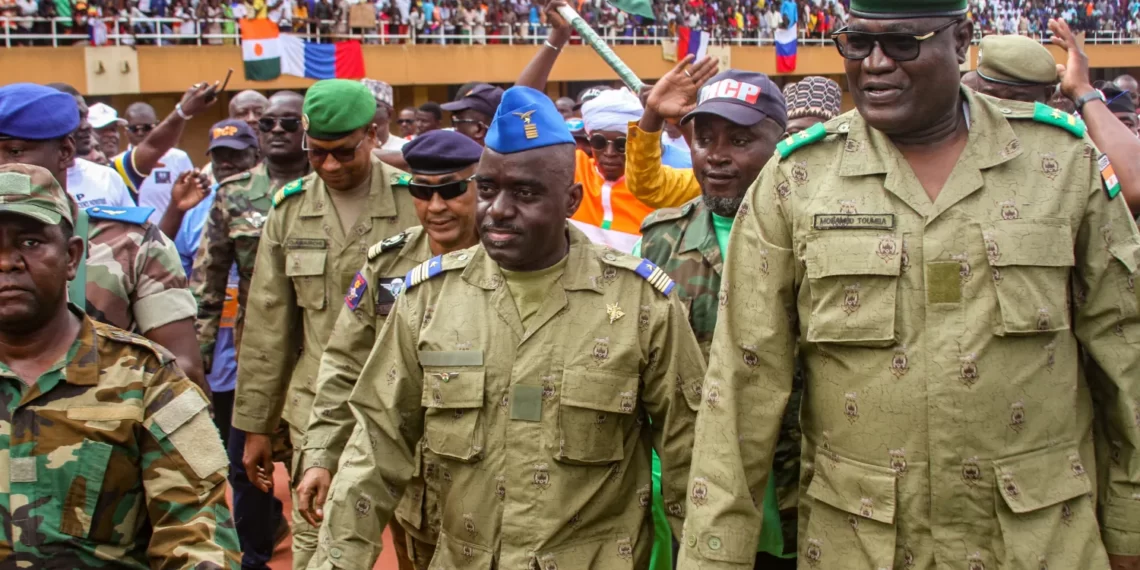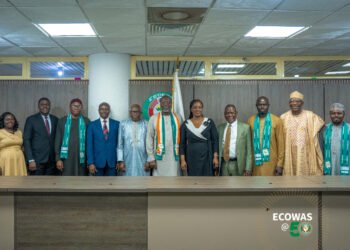There are always telling signs prior to the happening of an event, and while the coup in Niger is not an unprecedented scene on the shores of the African continent, it is a deeply disconcerting occurrence.
Throughout most of African countries, citizens significantly desire democracy, and are bound to get frustrated when elected leaders don’t deliver, and when people do welcome a coup as is arguably seen in the case of Niger, it’s often because they see it as the path to a better elected government.
Coups by its very nature as it has happened in recent times in Mali, Burkina Faso, and Guinea most often derails progress chalked, successes attained, and developments undertaken to ensure the growth of the economy of a country and also its people. Most often than not, it delays the recovery of nation already grappling with internal struggles and tensions, and further predisposes citizens to an even deeper woes of poverty and hardships as infrastructures are razed down as a form of revolt.
More than that, the everyday grind of institutions and activities which gives breath to the economy are very much brought to a standstill as the military which takes over the country becomes defiant in entrenching their beliefs on grounds of knowing what is good for the country.
Niger’s military regime is already riding a wave of popular support rooted in deep resentment at the failures of its elected leaders in recent years. While a political elite has often prospered, sometimes through corruption, ordinary people face Islamic extremist violence, rudimentary services, sky-high unemployment and shortages of basic necessities.
Channeling resources of ECOWAS in resolving crisis
For all intents and purposes, democracy can’t survive if it can’t deliver results. The African continent, although blessed with ample resources to ensure ultimate prosperity has struggled for centuries to aptly deliver on its mandate to the people by maximizing resources to its full potential.
Moreover, just like the rest of the world and any individual, Africans want jobs, affordable food and housing, quality education and health care. Also, the desire to see the benefits of peace and security and the chance to set the course of their own nations’ future without being told what they can and cannot do remains dominant. Once the power to decide is threatened, then the need to attack and become assertive becomes inevitable.
While the ousting of Mohamed Bazoum, Niger’s President, by elements of the army led by General Abdourahamane Tchiani, has struck a match in a fireworks factory, it has garnered even more international curiosity due to ECOWAS issuing of threats and sanctions to the unyielding junta leaders in the country.
As many assert that the coup in Niger has undermined the democratic stability in West Africa, the threat of a regional war dangles in the air and countries have had to pick a side in what is shaping up to be a major showdown amid ECOWAS approval of deploying standby troops to Niger. The move although has sparked some outrage in some countries, with the minority in Ghana’s parliament kicking against the decision by President Akufo-Addo to join the ECOWAS ‘pack’ to deploy troops without consulting parliament, one word cuts through which is diplomatic talks.
The truth is that Africa does not need another bloodbath to cleanse itself of every poverty, insecurity and economic woes. If history is anything to go by, wars have never been a viable option as its attendant repercussions are far too costly. A peaceful resolution of the crisis and simmering coup on the continent is the sure way to go as any intervention by ECOWAS could further strain regional ties with military rulers in Mali, Burkina Faso and Guinea voicing support for Niger’s new military authorities.
As we wait to witness the decision by the leaders of the military coup in Niger to prosecute deposed President Mohamed Bazoum for “high treason” and undermining state security, the call for calm and diplomacy is essential in resolving the tensions and subsequently restoring order to avert spillover to other West African countries.
READ ALSO: ECOWAS Leaders Must Stop Warmongering And Give Diplomacy A Chance- Ablakwa




















